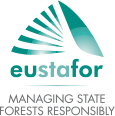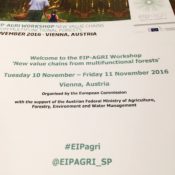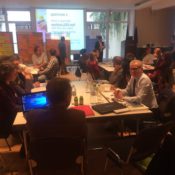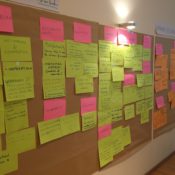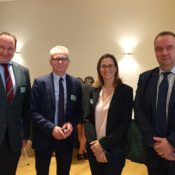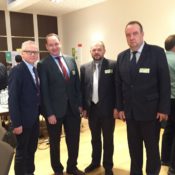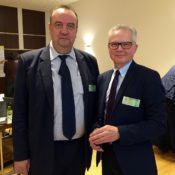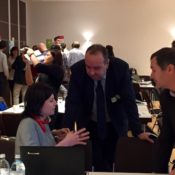New value chains from multifunctional forests now on the EU agenda
The European Innovation Partnership for Agricultural (EIP-AGRI) network, with the support of the Austrian Ministry of Agriculture, organised a workshop on 10-11 November 2016 in Vienna, in order to explore innovative approaches in creating new values from multifunctional forests. The aim of the workshop was to present existing examples, and explore concrete opportunities for the development, of innovative value chains of forest products and services which are currently under-used.
EU forests serve a wide range of economic, social and environmental purposes and directly or indirectly provide around three million jobs. Wood remains their main source of financial revenue and forest biomass represents the biggest source of renewable energy in the EU. Forests also provide a large range of other products, such as cork, resins, mushrooms, nuts, game or berries as well as recreational services, which are increasingly being valued on the market. Promoting new value chains for such products can be a powerful economic incentive for integrated forest management schemes, increasing forest multifunctionality and contributing to sustainable forest management.
More than 80 participants from 20 Member States, who attended the event, shared practical experiences in establishing new value chains from multifunctional forests. The value chain examples were diverse and included leisure services, food, non-food and agroforestry products, such as the use of cork for 3D-printing, birch sap, drinks made from spruce needles, fees for recreational mushroom picking or the gathering of woodland eggs.
Several representatives from State Forest Management Organizations and from EUSTAFOR participated in this meeting and contributed to the discussions, even though most of the cases discussed were not extremely innovative from a state forest point of view.
To foster the competitiveness of the forestry sector it is necessary to close the gap between research and practice. EIP-AGRI promotes the concept of multi-actor Operational Groups, which are a powerful tool for overcoming this gap and fostering interactive innovation. Although the concept of EIP-AGRI Operational Groups (OGs) is currently not well known in the forestry sector and relatively few OGs have been set up to date around forest-related issues, the participants were positive about the possibilities this tool offers. In addition it is expected that five new EIP-AGRI focus groups will be launched during 2017 (see euromontana website) and one of these will focus on “New practices and tools for climate adaptation and mitigation in the forest sector”. For more information, visit EIP-AGRI’s website.
More about the workshop and presented cases can be found under this link.
Published 16/11/2016
Mr. Piotr Borkowski
Executive Director
- piotr.borkowski@eustafor.eu
- +32 (0) 474 989 319
